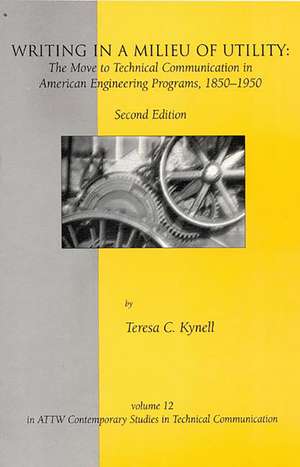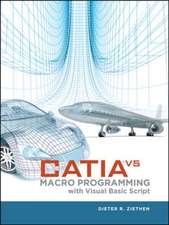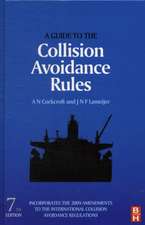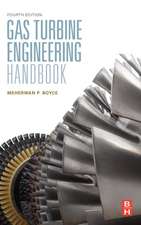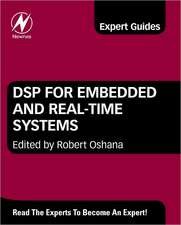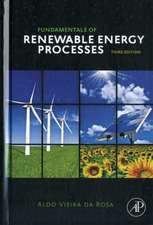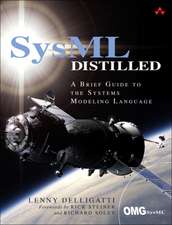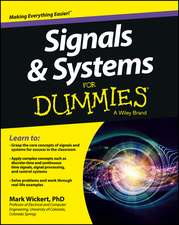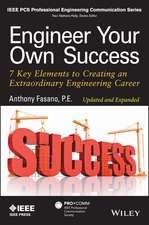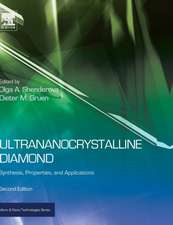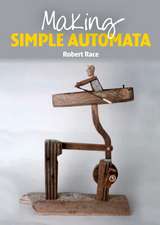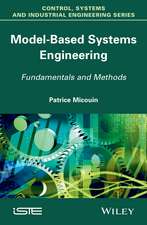Writing in a Milieu of Utility: The Move to Technical Communication in American Engineering Programs, 1850-1950: Contemporary Studies in Technical Communication
Autor Teresa Kynellen Limba Engleză Hardback – 16 mar 2000 – vârsta până la 17 ani
| Toate formatele și edițiile | Preț | Express |
|---|---|---|
| Paperback (1) | 228.29 lei 6-8 săpt. | |
| Bloomsbury Publishing – 12 mar 2000 | 228.29 lei 6-8 săpt. | |
| Hardback (1) | 344.82 lei 6-8 săpt. | |
| Bloomsbury Publishing – 16 mar 2000 | 344.82 lei 6-8 săpt. |
Preț: 344.82 lei
Preț vechi: 475.76 lei
-28% Nou
Puncte Express: 517
Preț estimativ în valută:
65.99€ • 68.64$ • 54.48£
65.99€ • 68.64$ • 54.48£
Carte tipărită la comandă
Livrare economică 14-28 aprilie
Preluare comenzi: 021 569.72.76
Specificații
ISBN-13: 9781567504903
ISBN-10: 1567504906
Pagini: 156
Dimensiuni: 156 x 235 x 13 mm
Greutate: 0.4 kg
Ediția:Revised
Editura: Bloomsbury Publishing
Colecția Praeger
Seria Contemporary Studies in Technical Communication
Locul publicării:New York, United States
ISBN-10: 1567504906
Pagini: 156
Dimensiuni: 156 x 235 x 13 mm
Greutate: 0.4 kg
Ediția:Revised
Editura: Bloomsbury Publishing
Colecția Praeger
Seria Contemporary Studies in Technical Communication
Locul publicării:New York, United States
Notă biografică
Teresa Kynell is chair of the NCTE Committee on Scientific and Technical Communication at Northern Michigan University.
Cuprins
Preface M.Jimmie Killingsworthntroduction Elizabeth TebeauxEstablishing the Historical Framework1850-1900: The Mission of an Engineering Curriculum1900-1910: Establishing the Need for a Different Kind of Engineering English Course1911-1920: Distinguishing Between English as a Tradition and English as a Tool1921- 1930: Teachers, Textbooks, and the Move to Cooperation1931- 1940: Composition, Technical Writing, and the Site of Teacher Training1941-1950: The Emergence of a Technical Writing DisciplineEpilogue Katherine StaplesReferencesAuthor IndexSubject Index
